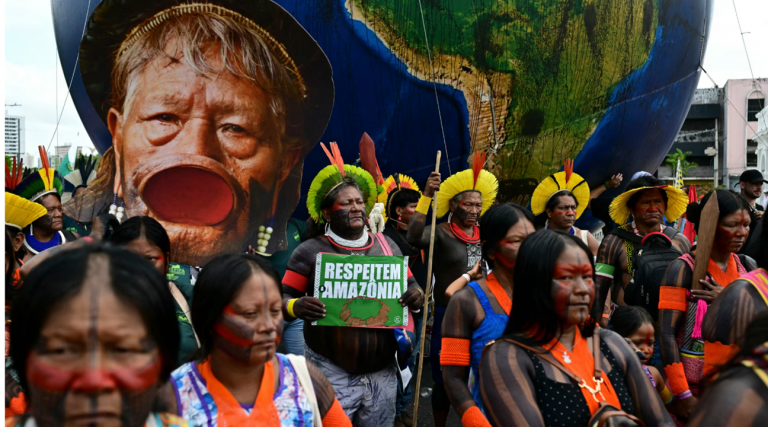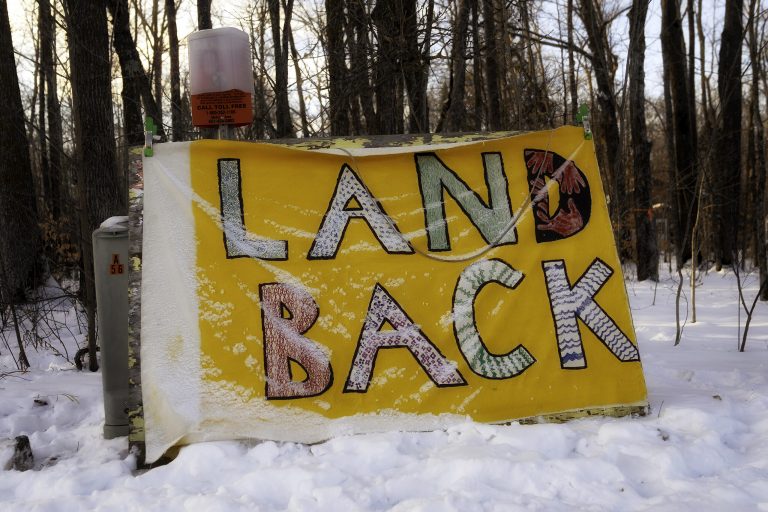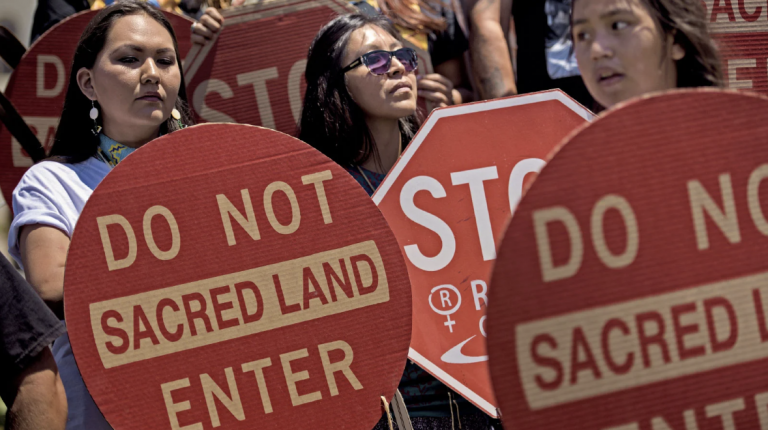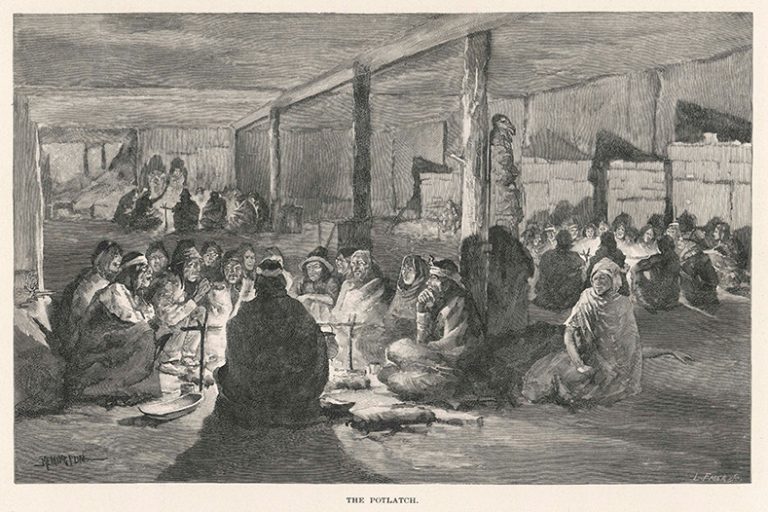A Xipai Journalist On Attending COP30
I feel as if I’ve been swallowed. And in the creature’s stomach, I walk with the sensation of being drowned. My nose hurts, with the same pain we feel when we are struggling to breathe. That’s my perception of the blue zone of Cop30, the official area for the negotiations. The architecture makes me think of the stomach of an animal.
My eyes hurt, seeing so many people coming and going through the main corridor. This is the scene of a makeshift forest. On the walls are large paintings of a jaguar, a monkey, an anteater and a lizard. In the middle of the corridor are plants that resemble açaí palm trees, and below them, small shrubs. The place of nature within the blue zone is ornamental.















